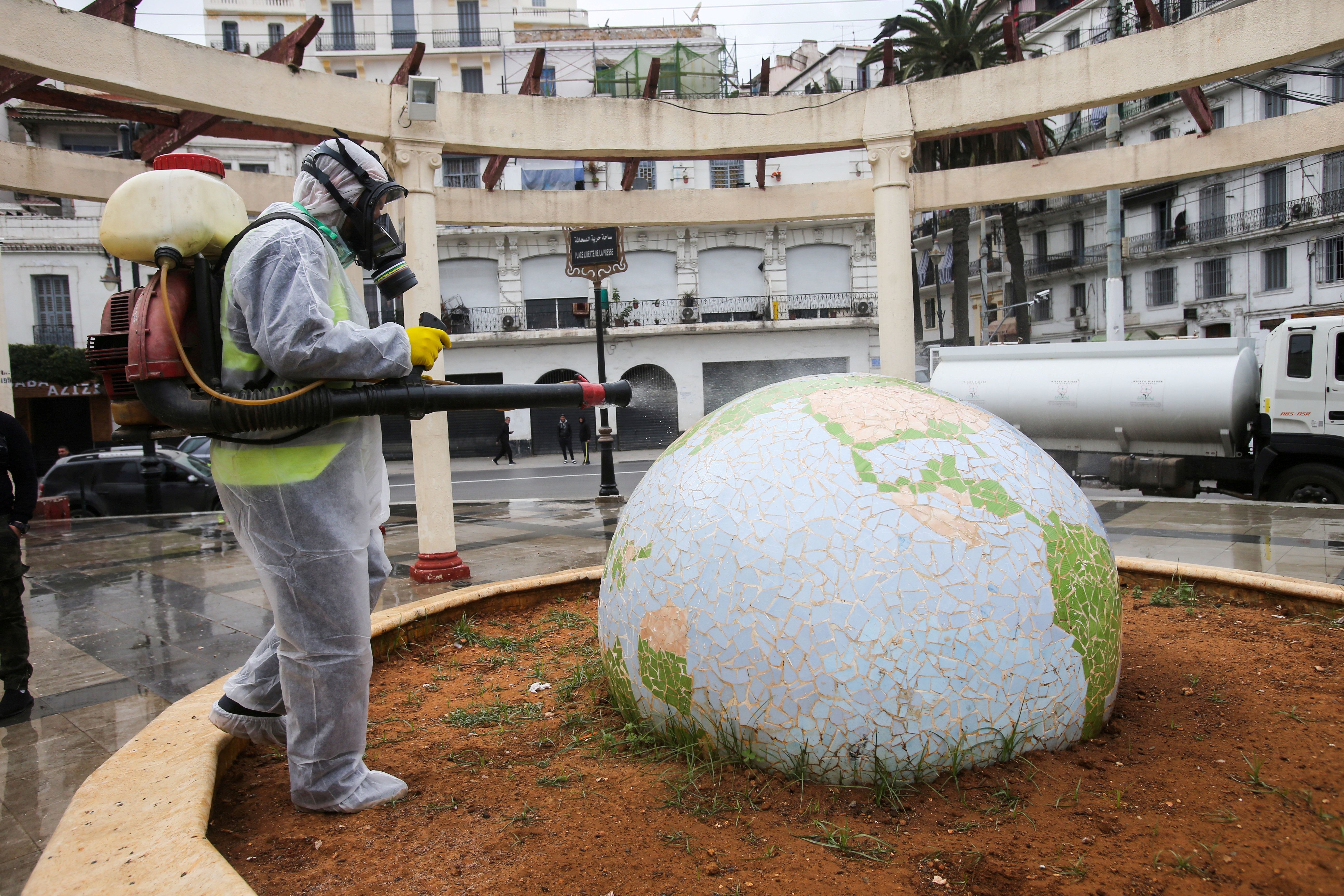News
March 24, 2020
Trump wants the US "open" by Easter: US President Donald Trump today said he wants the coronavirus-related lockdowns lifted by mid-April, because he is concerned that the economic costs of these measures is too high. Trump's earlier caution that "the cure can't be worse than the problem itself" is a central principle of public health responses to pandemics, but most serious epidemiologists and public health experts say that easing the lockdown measures makes sense only once hospitals are fully prepared and there is sufficient testing to detect new outbreaks – neither of which is yet true in the US. The idea sets up a macabre calculation of how many lives are worth saving vs the economic impact of doing so, but it could also put governors on the spot: the lockdown measures have been imposed by states, not the federal government. Local authorities may be reluctant to relax the rules for fear of generating a fresh spike in cases. But if Trump is serious, he could also threaten to withhold federal aid from states that defy new, looser guidelines. Something nasty is coming, one way or another.
Coronavirus and protest politics: No matter how angry people may be at their governments, few are eager to gather in the streets to lift their voices against authority these days. We've seen lots of recent examples of how fear of coronavirus can undermine protests, while governments are also using new rules against public gatherings to disperse even the bravest of crowds. In India, for example, police have broken up a months-long peaceful protest against a new citizenship law and its prejudicial effect on the country's enormous Muslim minority. The easing of virus fears in China may soon revive long-running protests in Hong Kong. But some in Israel aren't waiting for news that the COVID coast is clear. In response to health regulations banning public gatherings, critics of Prime Minister Benjamin Netanyahu have staged a virtual rally of hundreds of thousands of people to accuse him of using the public health crisis to remain in power. How coronavirus changes the norms and avenue of political mobilization is going to be a big story in the coming months.
Kenyan fishermen's coronavirus boon: Kenyan fishermen have long lamented cheap frozen fish imports from China, which have strangled a local industry that supports thousands of people. But the coronavirus crisis has suddenly changed the picture as Chinese exports have slowed to a trickle amid that country's lockdowns, while Kenyans worried about contracting coronavirus began shunning fish from China anyway. As a result, Kenya's fishermen, who used to complain of having to barter or even give away their catch, are now celebrating as demand for Kenyan fish has surged 80 percent in the past two weeks. But there's a catch, so to speak. Experts warn that Kenyan supplies aren't enough to meet demand, and Kenya could soon face shortages if those Chinese imports don't resume.
More For You
- YouTube
How widely is AI actually being used, and where is adoption falling behind? Speaking at the 2026 World Economic Forum in Davos, Brad Smith, Vice Chair and President of Microsoft, outlined how AI adoption can be measured through what he calls a “diffusion index.”
Most Popular
- YouTube
AI adoption is accelerating worldwide, but “diffusion” isn’t just about who has the best models. It’s about who has the basics: affordable power, reliable connectivity, and the skills to actually use AI. In a new GZERO Media Global Stage livestream from the 2026 World Economic Forum in Davos, Switzerland, CNN’s Richard Quest moderates a clear-eyed discussion on what it will take to broaden AI access, and what happens if the gap widens.
- YouTube
Now that we are all on same page. #PUPPETREGIME
© 2025 GZERO Media. All Rights Reserved | A Eurasia Group media company.
